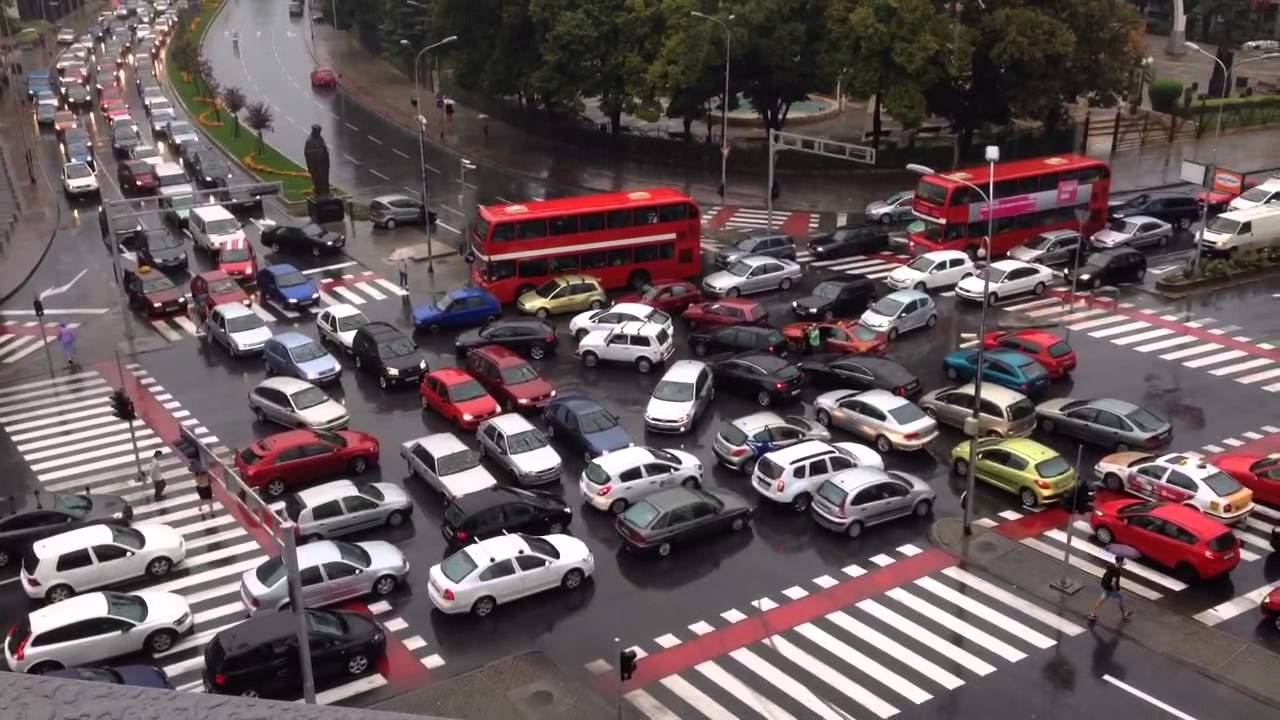Driving-related offenses are categorized primarily based on their severity, starting from minor infractions to more extreme misdemeanors and felonies. In this manual, we are conscious of on-site infractions, that are perhaps the least extreme form of a site visitor’s offense. These violations are very common and might seem minor, however, they can have considerable results.
What Is a Traffic Infraction?
A site traffic infraction, additionally referred to as a civil violation, is a non-crook offense that includes a minor violation of site traffic laws. Unlike crook offenses, a site traffic infraction typically no longer conveys the opportunity of jail time. However, it does bring about fines, points for your record, or even mandatory riding publications.
Common examples of traffic infractions are dashing, failing to stop at a sign, riding without a seatbelt, or failing to signal a lane trade. These violations are frequently considered as much less intense than misdemeanors or felonies due to the fact they do not involve crooks, and the consequences are generally less intense.
Traffic Infraction and Strict Liability
Many traffic’ infractions are labeled as strict liability offenses, which means the cause or information of the violation does not need to be proven for a conviction. In these cases, truly committing the act of violating the regulation is enough to bring about a penalty. For example, in case you exceed the rate restriction, it doesn’t say whether you knew you had been dashing—the regulation considers the act itself enough for enforcement.
This strict liability technique ensures that traffic laws are enforced continually, even for minor violations.
Types of Traffic Infraction
The traffic infraction is commonly divided into important categories: transferring violations and non-transferring violations.
Moving Violations
A shifting violation occurs when an automobile is in motion and might doubtlessly endanger public protection. Examples of transferring violations encompass speeding, running a purple light, or failing to yield to pedestrians. Moving violations are frequently taken into consideration to a greater extreme because they contain the operation of the car and may motivate accidents. Penalties for shifting violations commonly encompass fines, points on your riding record, and increased insurance costs.
Non-Moving Violations
Non-moving violations commonly involve issues that stand up when the vehicle is stationary or related to protection concerns. These encompass offenses like parking violations or having defective headlights or tail lighting. While non-transferring violations are much less likely to result in factors in your report, they nevertheless convey fines and can be an inconvenience.
Consequences of Traffic Infraction
Although traffic infractions do not contain jail time, they can have enormous effects. These can encompass fines, factors to your riding record, or obligatory attendance at using college. Accumulating too many points for your file can lead to better coverage prices or even a suspension of your motive force’s license.
Fines
The penalty for a site traffic infraction is often great, but that can vary depending on the offense and local laws. For instance, dashing can cost anywhere from $50 to $500, depending on how awful lot over the rate limit you have been driving. Non-transferring violations, like parking tickets, tend to be lower in fee however nonetheless represent an inconvenience.
Points on Your Driving Record
In most states, traffic infractions bring about factors being added to your driving file. The range of factors relies upon the severity of the violation. For instance, speeding may also result in 1 to a few points, at the same time as greater critical offenses, such as strolling a pink mild, may result in greater factors. Accumulating too many factors inside a sure term can lead to better coverage rates or maybe a suspension of your license.
Traffic School
Some states offer a choice to reduce points in your document or avoid better fines via attending traffics college. In some instances, completing traffic faculty is required in trade for having factors eliminated from your file.
Criminal Traffic Infraction
While visitor infractions are incredibly minor, criminal visitor offenses are normally labeled as misdemeanors or felonies and supply more extreme results. Criminal offenses are punishable via imprisonment, at the same time as infractions are not.
Examples of criminal site traffic offenses consist of:
Driving below the has an impact on (DUI) of alcohol or pills, reckless riding, hit-and-run injuries, driving with a suspended or revoked license, vehicular murder
Criminal offenses are treated in another way than traffic’ infractions. For instance, a person charged with a DUI should appear in a crooked court docket, in which they’re entitled to an ordeal, a legal professional, and different constitutional protections.
Elevation of Traffic Infractions
In a few instances, what starts as an easy site traffic infraction can be improved against the law. For example, a DUI is usually categorized as a misdemeanor, but, it can turn out to be legal if the driver has preceding DUI convictions or if the offense includes injuries or death. Similarly, a speeding ticket may be handled as a misdemeanor if the driving force exceeds the velocity restriction with the resource of a sizeable amount, together with 20 or 30 miles in line with the hour over the limit.
In many jurisdictions, a misdemeanor site traffic offense is accelerated to a felony if the driver is a repeat offender or the offense includes property damage, injuries, or demise.
Court Procedures for Traffic Infractions
Traffic infractions are commonly prosecuted in a traffic courtroom, in which processes are less formal than in a crooked court docket. Often, if you are noted for a traffic infraction, you’ll have the option to both plead guilty and pay the fine.
Pleading Guilty
If you choose to plead guilty, you could typically pay the first rate online or by mail. There is no need to appear in the court docket. In a few instances, you could additionally be capable of attending traffic faculty to lessen points in your riding record or avoid additional consequences.
Contesting the Ticket
If you trust that you have been wrongly cited for the violation, you can contest the ticket in court docket. This includes a bench trial, where a choice will evaluate the evidence and determine if the violation occurred. In a few cases, you can present evidence which includes photographs or witness statements to aid your case.
Penalties for Criminal Traffic Offenses
Criminal traffic offenses are greater severe than infractions and convey extra excessive penalties. The severity of the penalty relies upon whether the offense is classed as a misdemeanor or a prison.
Misdemeanors
Misdemeanors are much less severe than felonies. They can nevertheless result in jail time, fines, and different consequences. For instance, a DUI can result in up to 12 months in jail. You might also face exceptional, obligatory driving classes, and a suspended license.
Felonies
Felonies are the most severe traffic offenses and might bring about imprisonment for more than a year. Felony expenses also bring massive fines, extended driving force’s license suspensions, and even car impoundment. A hit-and-run or vehicular homicide can result in lengthy prison sentences and an everlasting criminal document.
Avoiding Traffic Infraction
An excellent way to avoid traffic infractions is to follow road rules. Drive appropriately continually. Follow tempo limits and be privy to signs and symptoms. Keep your vehicle in the appropriate state of affairs, like working headlights and backlights. Stay alert to changing road conditions.
FAQs
1. What occurs if I forget about a site traffic’s price tag?
Answer: Ignoring a traffic price tag can result in extra fines, a suspended driving force’s license, or maybe an arrest warrant in a few cases.
2. Can traffic infractions affect my insurance rates?
Answer: Yes, most traffic infractions will cause your insurance costs to rise. Insurance agencies regularly view violations as a sign of risky driving conduct.
3. How lengthy does traffic infraction live for your record?
Answer: Traffic infractions normally stay in your document for numerous years, depending on the nation. The regular range is three to 7 years.
4. Can I lessen points on my driving document?
Answer: In some states, you can reduce points by attending traffic college or by keeping an easy driving report over a positive duration.
Conclusion
Traffic infractions are not unusual and regularly appear minor, but they could result in fines, points on your record, and better coverage premiums. While they don’t bring the excessive consequences of crook site traffic offenses, disregarding traffic laws can nevertheless have substantial consequences. The high-quality manner to avoid infractions is to drive carefully and make sure that your car complies with traffic laws. By doing so, you may maintain an easy-to-use report and keep away from the penalties related to traffic violations.












